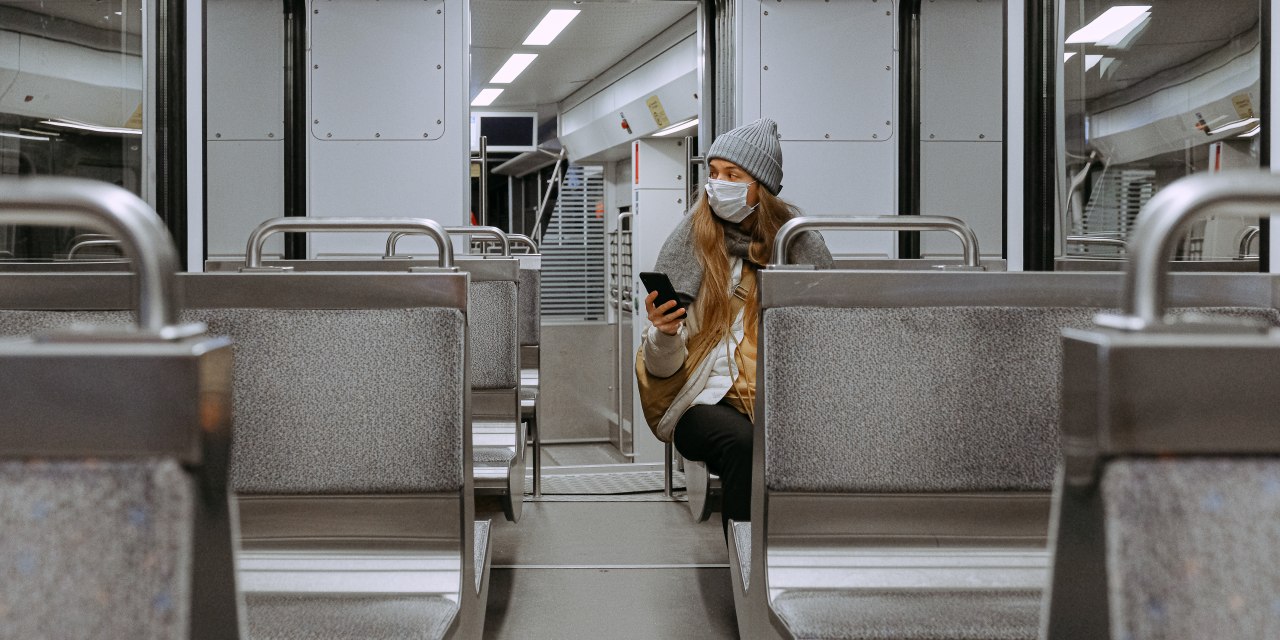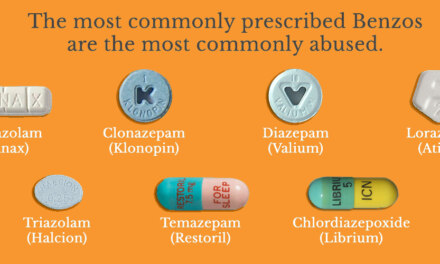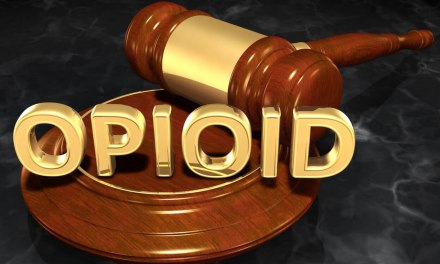What is it about masks? That made them a point of conflict in this pandemic, I mean.
Surely not the mask itself, although they can take some getting used to. No, it has to be their value as a symbol – which, I’m informed by experts, is so strong that it appears to overwhelm in importance all the other preventive measures people take — hand-washing, social distancing, and the rest.
It’s masks that become the sole focus of attention, like that one guy at the party who somehow sucks all the oxygen out of the room.
This from a dentist’s practice: A patient strides into the office early one morning for a scheduled appointment. She’s not wearing a mask. The receptionist gently reminds her — it’s posted in plain sight — but she’s ready to object. She holds up a laminated card with a printed message to the effect that mask wearing is wrong, she doesn’t have to comply, and nobody can force her. The manager is called. She in turn points out the State requirement, referring to the pandemic as the reason. There is no pandemic, the patient scoffs. She leaves, ordering them to cancel her appointment as she stalks out the door.
I find this fascinating. In the first place, I view masks as an aid to a certain important kind of freedom – the freedom to continue breathing in an era of rampant infectious disease. I was introduced to them as a student working as a surgical tech in a big city hospital. The masks themselves were cloth of drab O.R. green. I’m sure they provided some protection for us, but the rationale was actually to protect the patient who lay defenseless on the operating table.
Protect them from germs brought in from outside by us. It’s a big part of sterile procedure, along with scrubbing up and sterilizing instruments.
No one liked wearing the mask, but neither did they argue against the necessity. The evidence was already in. Mask-wearing had played a big role in suppressing deaths during the massive 1918 flu epidemic. They helped keep the toll in America to a half-million, versus 50 million worldwide.
In the addictions field, we continually encounter people who are very resistant to evidence. To the point where they simply cannot perceive certain key facts about themselves and their lives, particularly where it involves substance use. Or if they do have some awareness of it, it’s so distorted as to be almost as difficult to overcome in therapy.
The psychology behind those defenses is quite complex. So, I imagine, is the psychology around the resistance to masks. Here’s a discussion of the challenges: Why Are Masks Triggering Conflict and Rage?
“Being asked to don a mask then becomes not just a request to protect the health of others, but to give up their worldview and political allegiance. It may feel like asking a Red Sox fan to put on a Yankees jersey.”
Good analogy. It’s about emotion, not reason or logic. That’s why vigorous argument seems to strengthen the resistance, rather than weaken it.
It’s something we noticed with SUDs. As a result, we pretty much moved away from the confrontation that characterized the early days of treatment.
So if arguing and evidence alone won’t do the trick, what will? Try listening without arguing, expressing some understanding of the others’ feelings (because this is after all, emotional), and pointing out discrepancies between the other person’s stated goals and the reality of life in the pandemic. How not taking precautions – the mask being an important part – could directly threaten those goals.
It’s definitely the slow way. But seriously, what’s the alternative? The fact remains: masks work.
Summed up in a recent article in The National Review: “When a sizeable portion of people are wearing them, it becomes very difficult for the sick to infect others.”
What else do we need to know?













